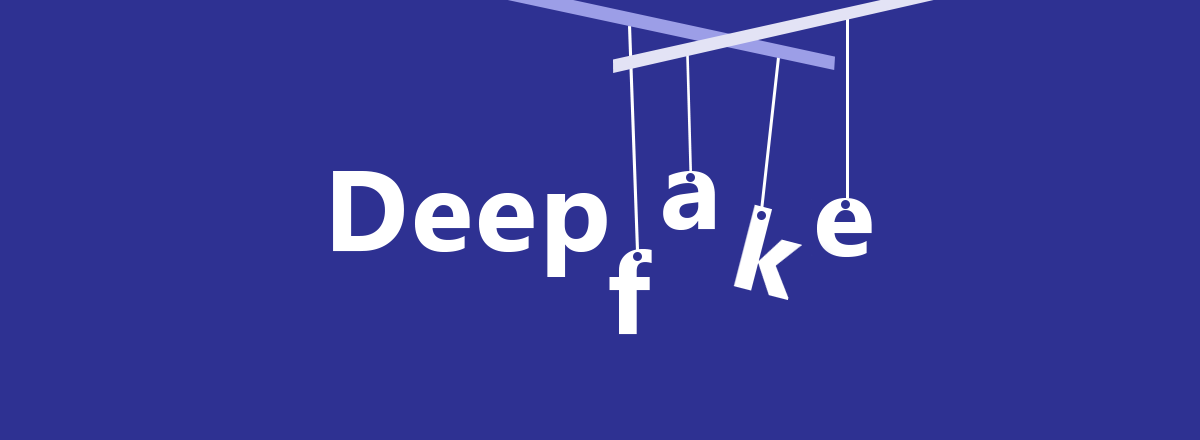In the run-up to the presidential election in the USA this year, Facebook stated that it would ban deepfake videos and other manipulated content in order to prevent the spread of misinformation within the popular platform.
Deepfake videos are computer-generated ones that have been modified by using artificial intelligence or “deep learning” (a part of machine learning methods) techniques and designed to look real.
In a blog post on Monday, Facebook stated that the company would remove deepfake and other manipulated media from the social media platform, specifically those edited in ways “that aren’t obvious to an average person and would likely mislead someone.”
The company said in a statement that the deepfake content will be removed from the site if:
• It has been edited or synthesized – beyond adjustments for clarity or quality – in ways that aren’t apparent to an average person and would likely mislead someone into thinking that a subject of the video said words that they did not actually say. And:
• It is the product of artificial intelligence or machine learning that merges, replaces or superimposes content onto a video, making it appear to be authentic.
The policy doesn’t cover satire or parody content, along with videos that were edited to omit certain words or change their order.
Videos that violate Facebook Community Standards will be removed, but even if they don’t violate any, they will be reviewed by third-party-checkers that will determine whether the content is false. If it is, it will be flagged with a note and reduced from distribution in the News Feed.
Monika Bickert, Facebook vice president of global policy management, wrote in a blogpost: “Across the world, we’ve been driving conversations with more than 50 global experts with technical, policy, media, legal, civic and academic backgrounds to inform our policy development and improve the science of detecting manipulated media.”
The new policy followed an incident when a video of House Speaker Nancy Pelosi went viral last summer. The video was edited to make it seem like she was slurring and drunk, and millions of people viewed it. However, the new Facebook policy is rather controversial as it will still allow videos like this because there was no AI involved in altering the video – some existing software was used to do it.
















